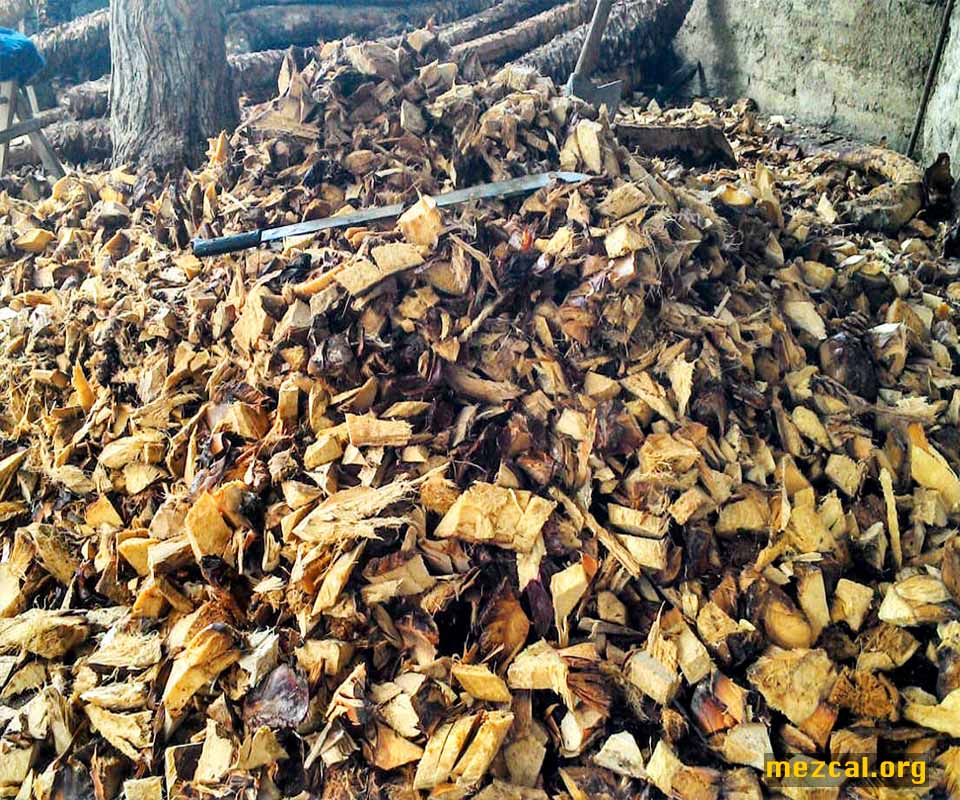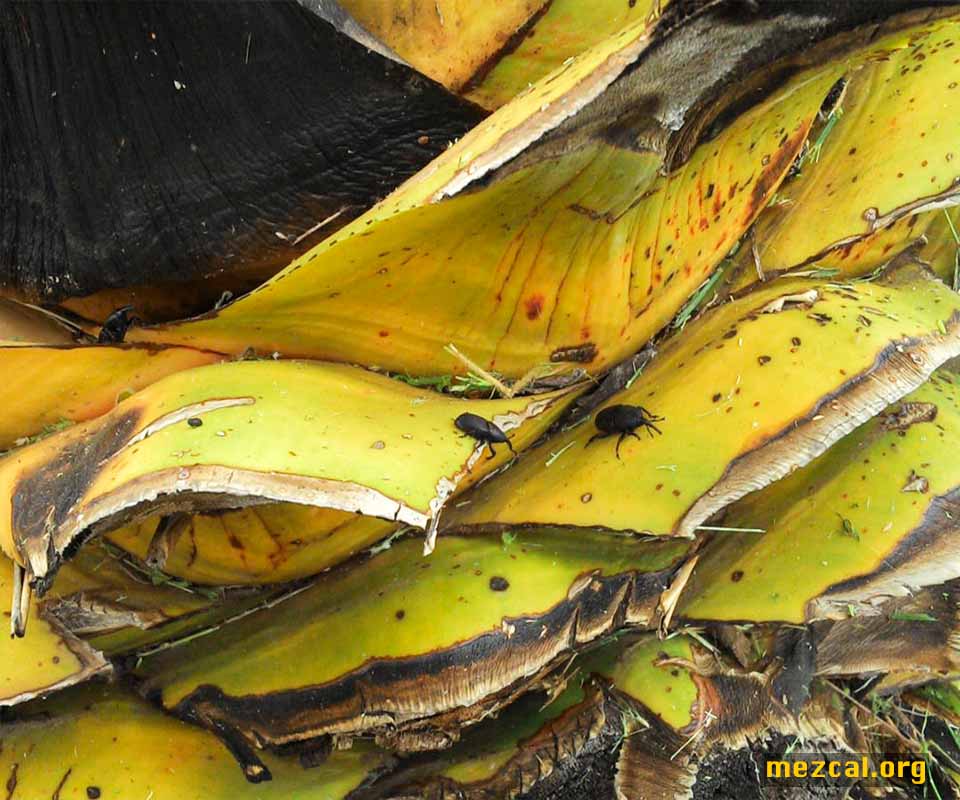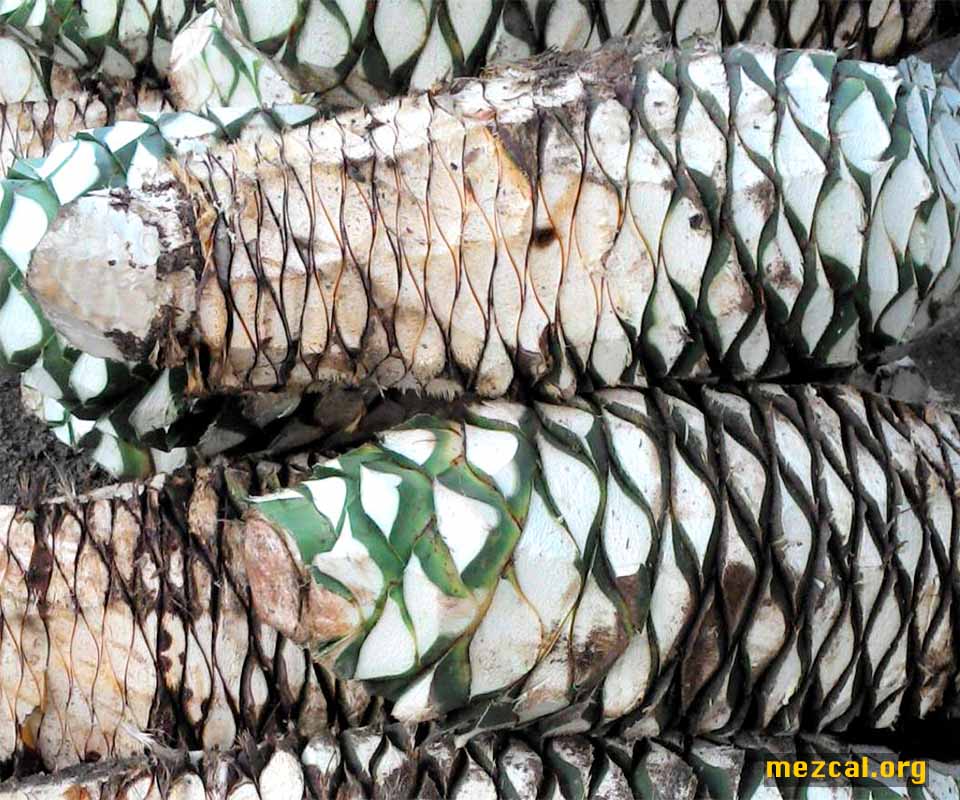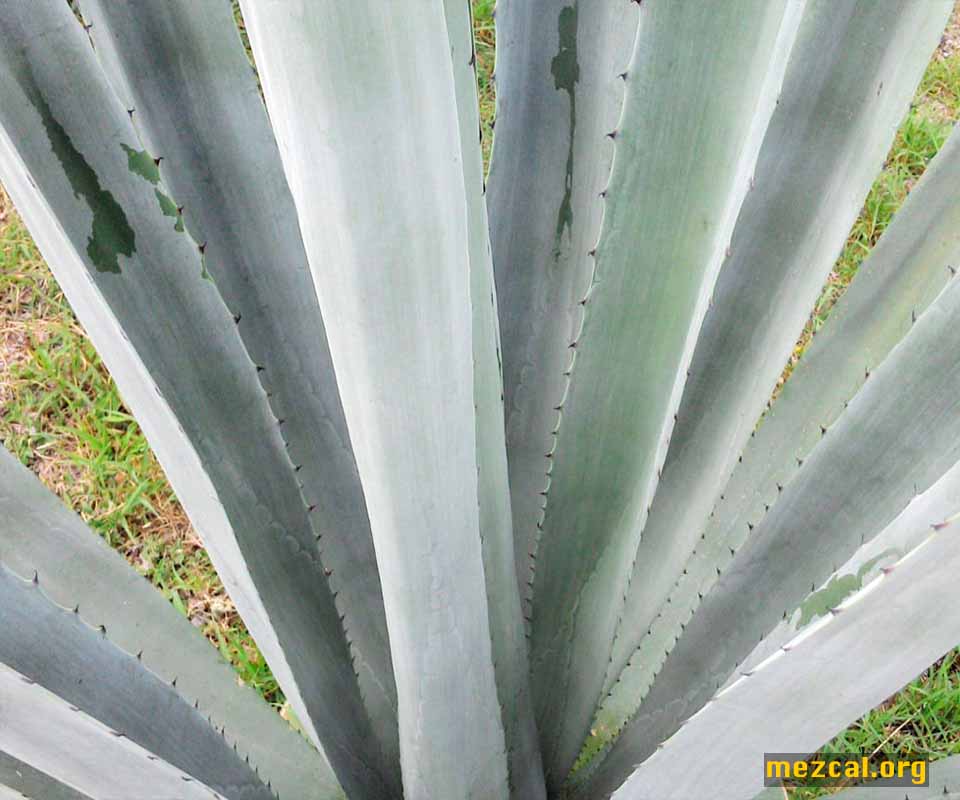The difference between Mezcal and Tequila, both emblematic drinks of Mexico and revered worldwide, is a subject of considerable consumer questioning. One of the most fascinating aspects of this distinction lies in the method of production of each, with Mezcal remaining predominantly artisanal. Most Mezcal distilleries are small factories that preserve traditional techniques, contrasting significantly with Tequila production, which has been largely absorbed by advanced industrial processes and capitalized by investments from transnational corporations. This divergence not only reflects differences in scale and production practices, but also in the cultural and community relationship with these beverages. In addition, the diversity of agaves used in the production of both beverages is remarkable. While Tequila is distilled exclusively from one species, the "Agave tequilana Weber var. Azul", Mezcal benefits from a much broader spectrum, using mainly up to 25 different species of Agave, which gives this beverage an unparalleled organoleptic richness and variety. This biological diversity not only enriches the cultural heritage of the producing regions but also underlines the importance of agricultural biodiversity in distillate production. The protection of the Denomination of Origin (DO) also plays a crucial role in the differentiation of these two beverages. The Mezcal DO covers a much more diverse geography compared to Tequila, including states such as Oaxaca, Guerrero, San Luis Potosí, Zacatecas, Durango, parts of Guanajuato, Tamaulipas, Michoacán and Puebla, reflecting the extensive cultural heritage and distilling practices that vary significantly across these areas. On the other hand, the Tequila DO is concentrated in Jalisco and extends to parts of Michoacán, Nayarit, Tamaulipas and Guanajuato, delineating a specific territory where the identity and methods of Tequila production have been rigorously defined and preserved. Exploration of the differences in the flavor profile between Mezcal and Tequila reveals an intrinsic complexity associated with the artisanal character of Mezcal and the diversity of the Agave used. This variety results in a wide range of organoleptic qualities that significantly distinguish both beverages, offering a unique sensory experience that reflects their geography, biology and the artisan hands that produce them.

What is the difference between mezcal and tequila?
The difference between Mezcal and Tequila, both emblematic drinks of Mexico and revered worldwide, is a subject of considerable consumer questioning. One of the most fascinating aspects of this distinction lies in the method of production of each, with Mezcal remaining predominantly artisanal. Most Mezcal distilleries are small factories that preserve traditional techniques, contrasting significantly with Tequila production, which has been largely absorbed by advanced industrial processes and capitalized by investments from transnational corporations. This divergence not only reflects differences in scale and production practices, but also in the cultural and community relationship with these beverages. In addition, the diversity of agaves used in the production of both beverages is remarkable. While Tequila is distilled exclusively from one species, the "Agave tequilana Weber var. Azul", Mezcal benefits from a much broader spectrum, using mainly up to 25 different species of Agave, which gives this beverage an unparalleled organoleptic richness and variety. This biological diversity not only enriches the cultural heritage of the producing regions but also underlines the importance of agricultural biodiversity in distillate production. The protection of the Denomination of Origin (DO) also plays a crucial role in the differentiation of these two beverages. The Mezcal DO covers a much more diverse geography compared to Tequila, including states such as Oaxaca, Guerrero, San Luis Potosí, Zacatecas, Durango, parts of Guanajuato, Tamaulipas, Michoacán and Puebla, reflecting the extensive cultural heritage and distilling practices that vary significantly across these areas. On the other hand, the Tequila DO is concentrated in Jalisco and extends to parts of Michoacán, Nayarit, Tamaulipas and Guanajuato, delineating a specific territory where the identity and methods of Tequila production have been rigorously defined and preserved. Exploration of the differences in the flavor profile between Mezcal and Tequila reveals an intrinsic complexity associated with the artisanal character of Mezcal and the diversity of the Agave used. This variety results in a wide range of organoleptic qualities that significantly distinguish both beverages, offering a unique sensory experience that reflects their geography, biology and the artisan hands that produce them.











Comments